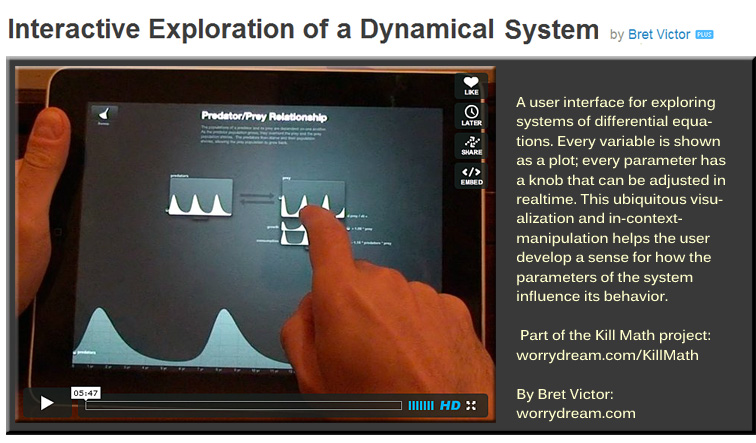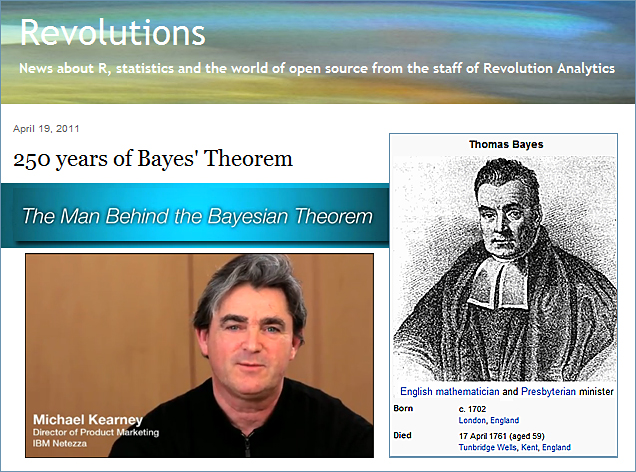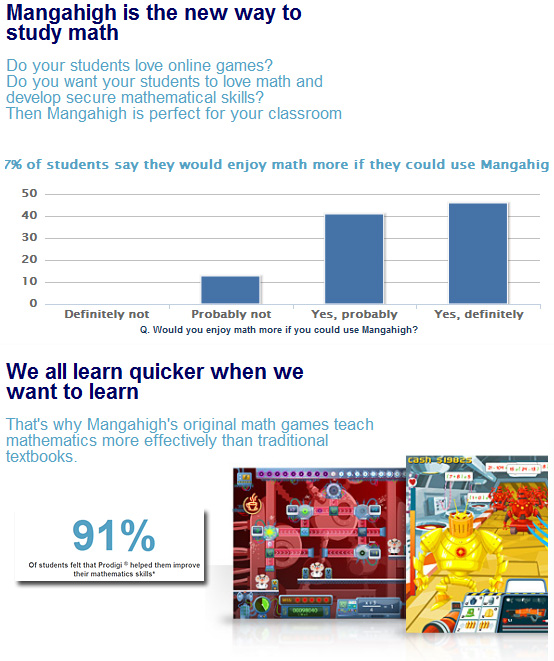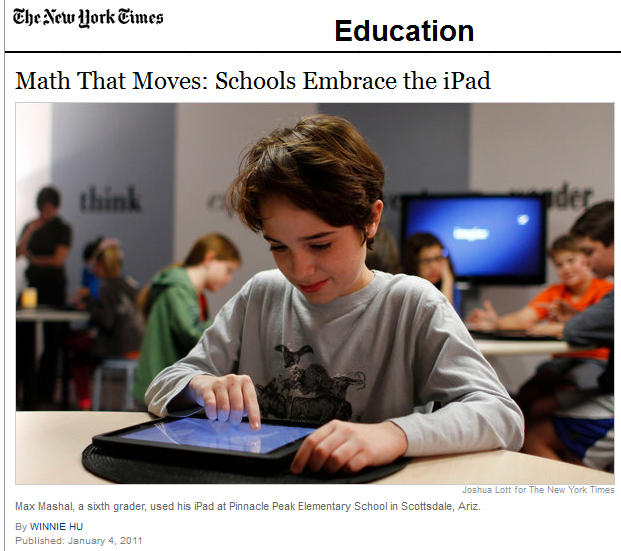DreamBox Learning CEO to speak on adaptive learning at Arizona State University Education Innovation Summit – from
DreamBox Learning (http://www.dreambox.com), the leading adaptive learning company, today announced that its President and Chief Executive Officer, Jessie Woolley-Wilson, will speak at the Arizona State (ASU) Education Innovation Summit about the positive impact of intelligent adaptive technology in the classroom. The panel session — Is Farmville the Future of Learning? Games, Social Platforms, Adaptive Technology – will be held on Wednesday, April 6 at 1:15 p.m. at SkySong, the ASU Innovation Center in Scottsdale. The full Education Innovation Summit runs from April 5-7.
“The ASU Education Innovation Summit provides a platform for education and technology trailblazers to come together in a think tank environment to share ideas about how to ensure that our kids, teachers and school administrators have the critical tools to achieve academic greatness,” said Jessie Woolley-Wilson, President and CEO of DreamBox Learning. “I’m very excited to join respected industry colleagues to discuss how intelligent adaptive learning technology, social platforms, and gaming principles are collectively having a transformative impact on our education system and future generations of learners.”
Ms. Woolley-Wilson will share insights on the evolving adaptive learning sector as well as showcase how DreamBox Learning’s intelligent adaptive learning platform is leading the transformation, helping kids at any skill level achieve math proficiency.





















